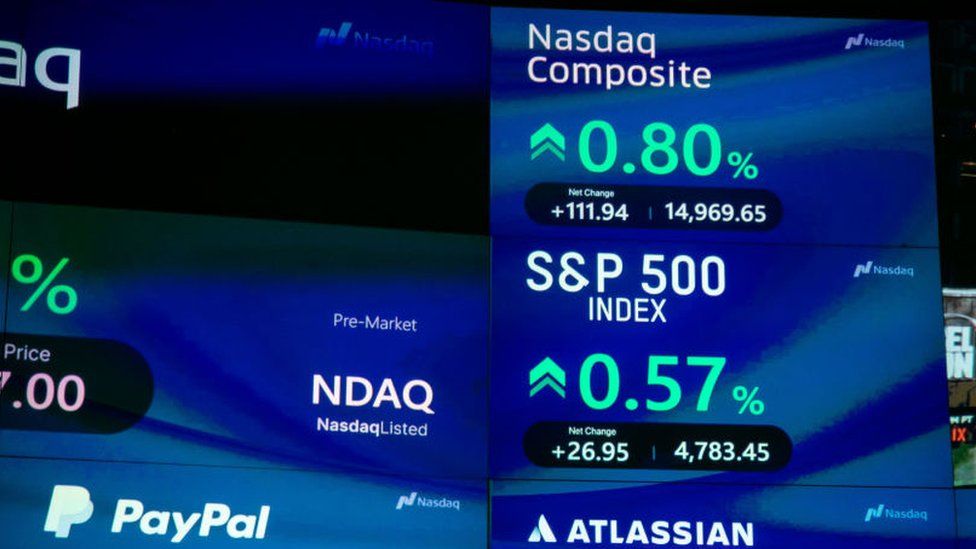-

-
-
Loading

Loading

The article discusses the increasing trend of using artificial intelligence (AI) in investment management. Many online platforms offer AI-powered trading bots that claim to provide lucrative returns. However, reputable financial firms caution that investing in AI carries risks, as there is always a chance of losing money. Despite this, a survey in the US suggests that one in three investors would be willing to rely entirely on AI bots to make investment decisions. John Allan, head of innovation and operations for the UK's Investment Association, warns investors to exercise caution when using AI for investment purposes. He suggests waiting for AI to prove its effectiveness over the long term, emphasizing the continued role of human investment professionals. Allan's perspective is not surprising since AI might replace expensive human investment managers. However, there are legitimate concerns and uncertainties surrounding AI trading. Firstly, AI cannot predict the future any better than humans. Historical events, such as 9/11, the credit crisis, and the COVID-19 pandemic, demonstrate that unexpected occurrences can significantly impact the stock market. Secondly, AI systems rely on the data and software initially provided by human programmers. The quality of these inputs determines the accuracy and effectiveness of the AI. Investment banks have been using basic AI since the 1980s to study financial data and make autonomous decisions, but they were unable to predict major events like 9/11. Today, generative AI is more sophisticated, capable of absorbing vast amounts of data and learning from it. However, if the initial data fed to the AI is flawed, its decisions could worsen over time. Examples from other fields illustrate the risks of relying solely on AI. Amazon's AI recruitment tool, trained on its predominantly male employees, ended up discriminating against women applicants. Generative AI is also prone to inaccuracies and bias, sometimes fabricating facts. Furthermore, AI systems can be vulnerable to data leakage and hacking attempts to uncover their underlying coding and data. Despite these risks, some investors place trust in AI, perceiving machines as objective and logical decision-makers compared to fallible humans. However, AI investment tools may inherit the thinking errors and biases of their developers. They may also lack the intuitive experience and quick reaction necessary to handle unprecedented events like financial crashes or pandemics. In conclusion, while AI has gained popularity in investment management, caution should be exercised when relying solely on AI bots. It is essential to consider the limitations, potential biases, and uncertainties associated with AI. Human investment professionals still have a significant role to play alongside AI in the investment landscape.